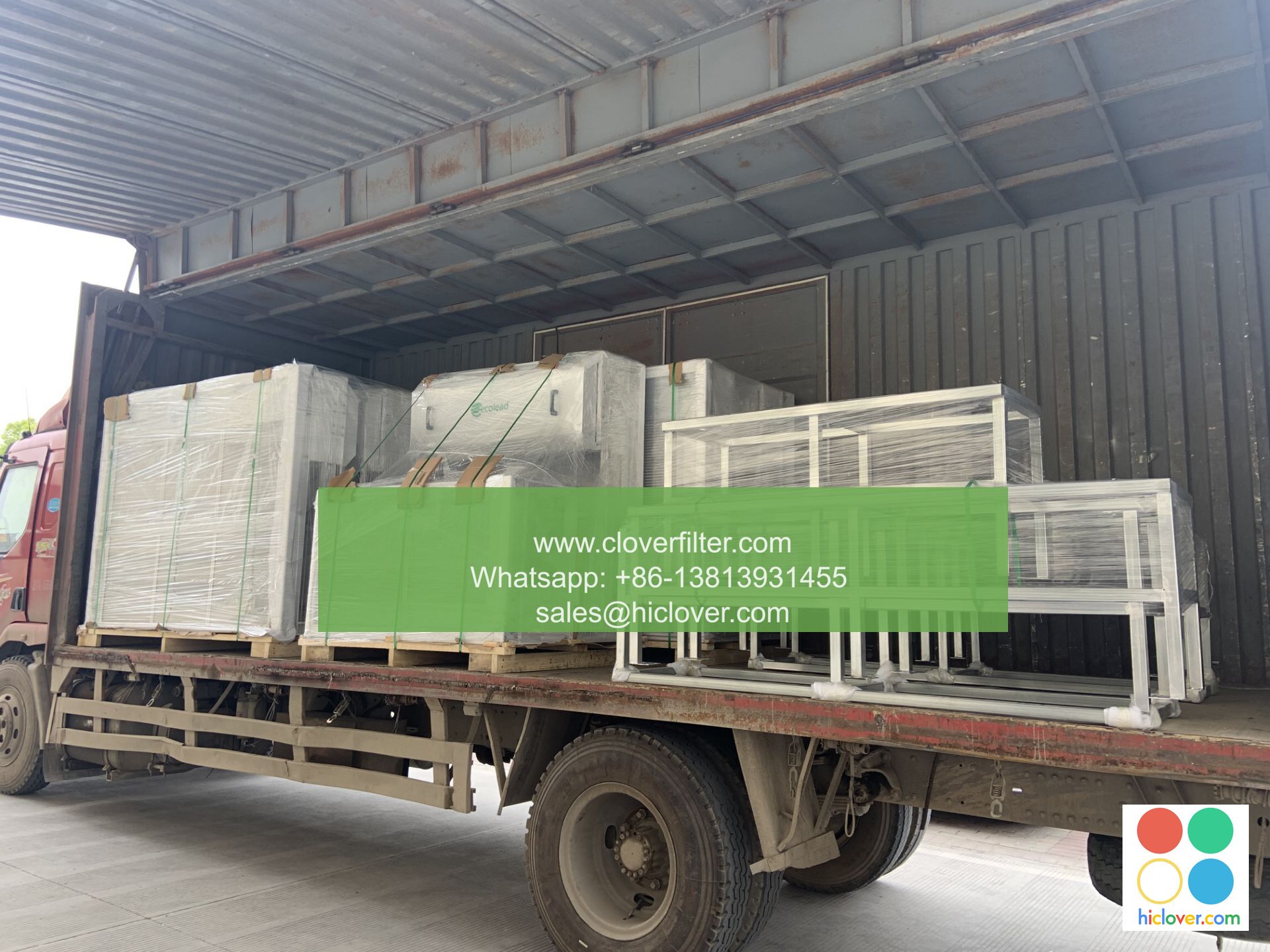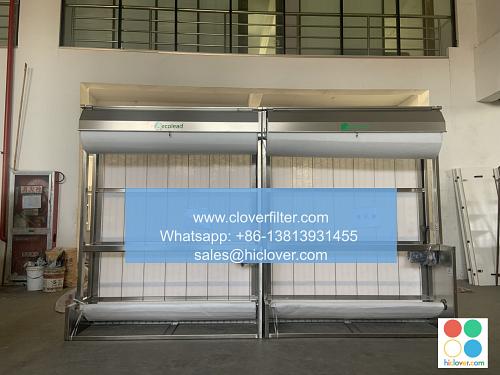The Importance of Air Filter Design in Manufacturing Facilities

Air filter design plays a crucial role in maintaining a clean and healthy environment in manufacturing facilities. The use of high-quality air filters can significantly impact the overall efficiency, productivity, and safety of a manufacturing plant. In this article, we will discuss the importance of air filter design in various application areas, including industrial air filtration, cleanroom technology, and process air filtration.
Industrial Air Filtration
Industrial air filtration is a critical component of manufacturing facilities, as it helps to remove airborne contaminants, such as dust, pollen, and other particles, from the air. A well-designed air filter can help to improve indoor air quality, reduce the risk of respiratory problems, and prevent equipment damage. Air filter manufacturers use various materials, including HEPA filters, activated carbon filters, and pre-filters, to design and develop air filters that meet the specific needs of manufacturing facilities.
Cleanroom Technology
Cleanroom technology is used in manufacturing facilities that require a high level of cleanliness, such as pharmaceutical, biotechnology, and semiconductor manufacturing. Cleanroom air filters are designed to remove airborne contaminants and maintain a particle-free environment. The use of ultra-low penetration air (ULPA) filters and high-efficiency particulate air (HEPA) filters is common in cleanroom technology. These filters can capture particles as small as 0.1 microns, ensuring that the air in the cleanroom is extremely clean.
Process Air Filtration
Process air filtration is used in manufacturing facilities to remove airborne contaminants that can affect the quality of products. Process air filters are designed to remove particles, such as dust, smoke, and fumes, from the air. The use of gas phase filtration and odor control filters can help to remove harmful gases and odors from the air, improving the overall quality of the products.
Key Considerations in Air Filter Design
When designing air filters for manufacturing facilities, there are several key considerations that must be taken into account. These include:
* Airflow rate: The air filter must be able to handle the required airflow rate without compromising its efficiency.
* Particle size: The air filter must be able to capture particles of the required size, depending on the application.
* Filter media: The type of filter media used can affect the efficiency and longevity of the air filter.
* Pressure drop: The air filter must be designed to minimize pressure drop, which can affect the overall efficiency of the system.
Application Areas
Air filter design is critical in various application areas, including:
* Food processing: Air filters are used to remove airborne contaminants and prevent contamination of food products.
* Pharmaceutical manufacturing: Air filters are used to maintain a clean and particle-free environment, ensuring the quality of pharmaceutical products.
* Automotive manufacturing: Air filters are used to remove airborne contaminants and improve the overall efficiency of the manufacturing process.
* Electronics manufacturing: Air filters are used to remove airborne contaminants and prevent damage to sensitive electronic components.
In conclusion, air filter design plays a vital role in maintaining a clean and healthy environment in manufacturing facilities. The use of high-quality air filters can significantly impact the overall efficiency, productivity, and safety of a manufacturing plant. By considering key factors, such as airflow rate, particle size, filter media, and pressure drop, air filter designers can develop effective solutions for various application areas, including industrial air filtration, cleanroom technology, and process air filtration. You haven’t asked a question or provided a prompt for me to respond to. Please go ahead and ask your question, and I’ll do my best to provide a helpful and direct answer.

